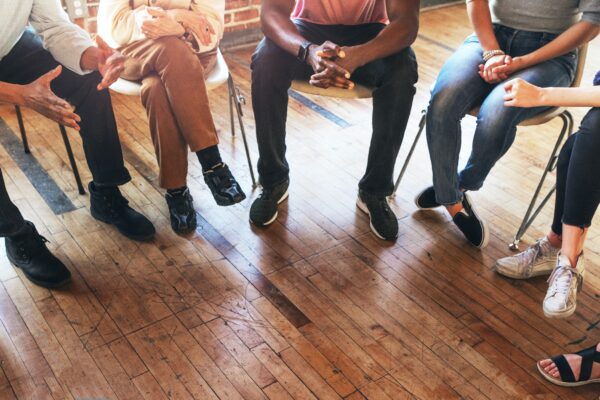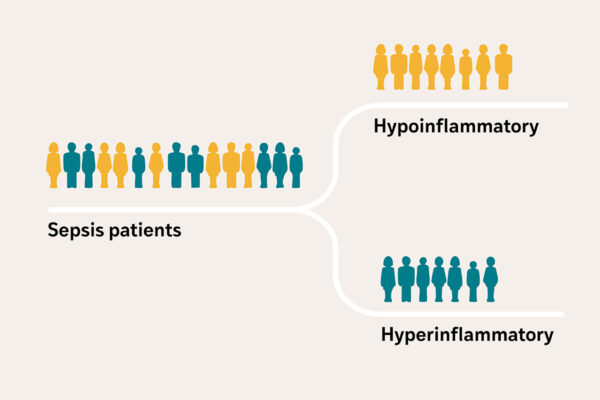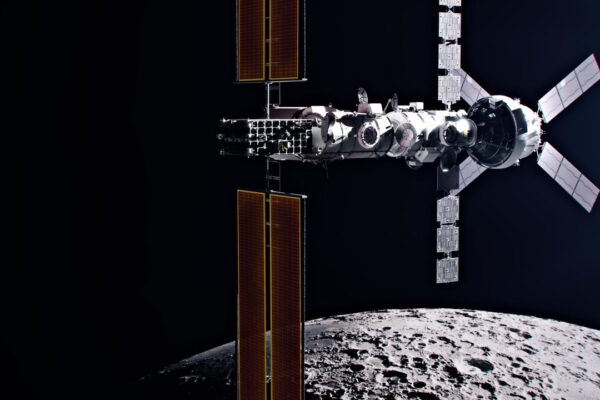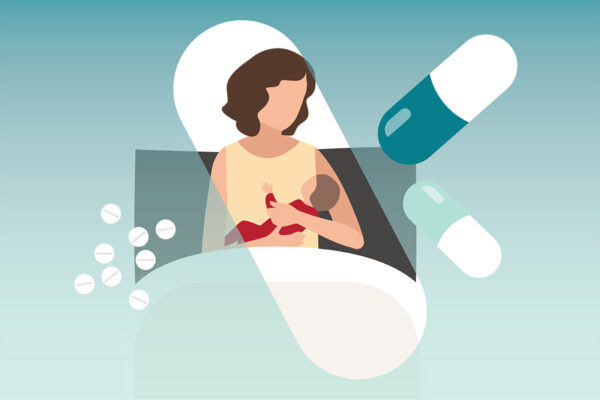Working together, cells extend their senses
Researchers at Washington University in St. Louis have found new rules for how groups of cells can sense beyond their surrounding environment, which can help in tracking how cancer moves and how wounds heal.
From the experts
Find an expert
Perspectives
Muslim men have often been portrayed as ‘terrorists’ or ‘fanatics’ on TV shows, but Muslim-led storytelling is trying to change that narrative
By moving away from the binary of “threatening other” versus “assimilated citizen,” this new wave of media challenges the legacy of Orientalism. Instead, they offer characters who reflect the complex realities of Muslim lives that are messy, joyful and evolving, writes Tazeen Ali.
Social scientists have long found women tend to be more religious than men – but Gen Z may show a shift
Ultimately, these trends suggest a future where polarization extends beyond politics and into the very fabric of American life – shaping where people worship, who they marry, and how communities form, writes Ryan Burge.
A federal program helps older people get jobs, but the Trump administration wants to get rid of it
For now, there are few alternatives to the Senior Community Service Employment Program. In our view, it’s well worth preserving it at a time when older workers face growing pressure to earn a paycheck, write Nancy Morrow-Howell and Cal Halvorsen.
Videos
Researcher for a day
WashU engineer Marcus Foston regularly hosts middle school students to learn about cutting-edge science. It’s part of WashU’s immersive “Researcher for a Day” program.
Bookshelf
The United States of no states?
What would America look like if there were no state governments? Stephen H. Legomsky, the John S. Lehmann University Professor Emeritus at WashU Law, tackles that question in his new book, “Reimagining the American Union: The Case for Abolishing State Government,” published by Cambridge University Press.









